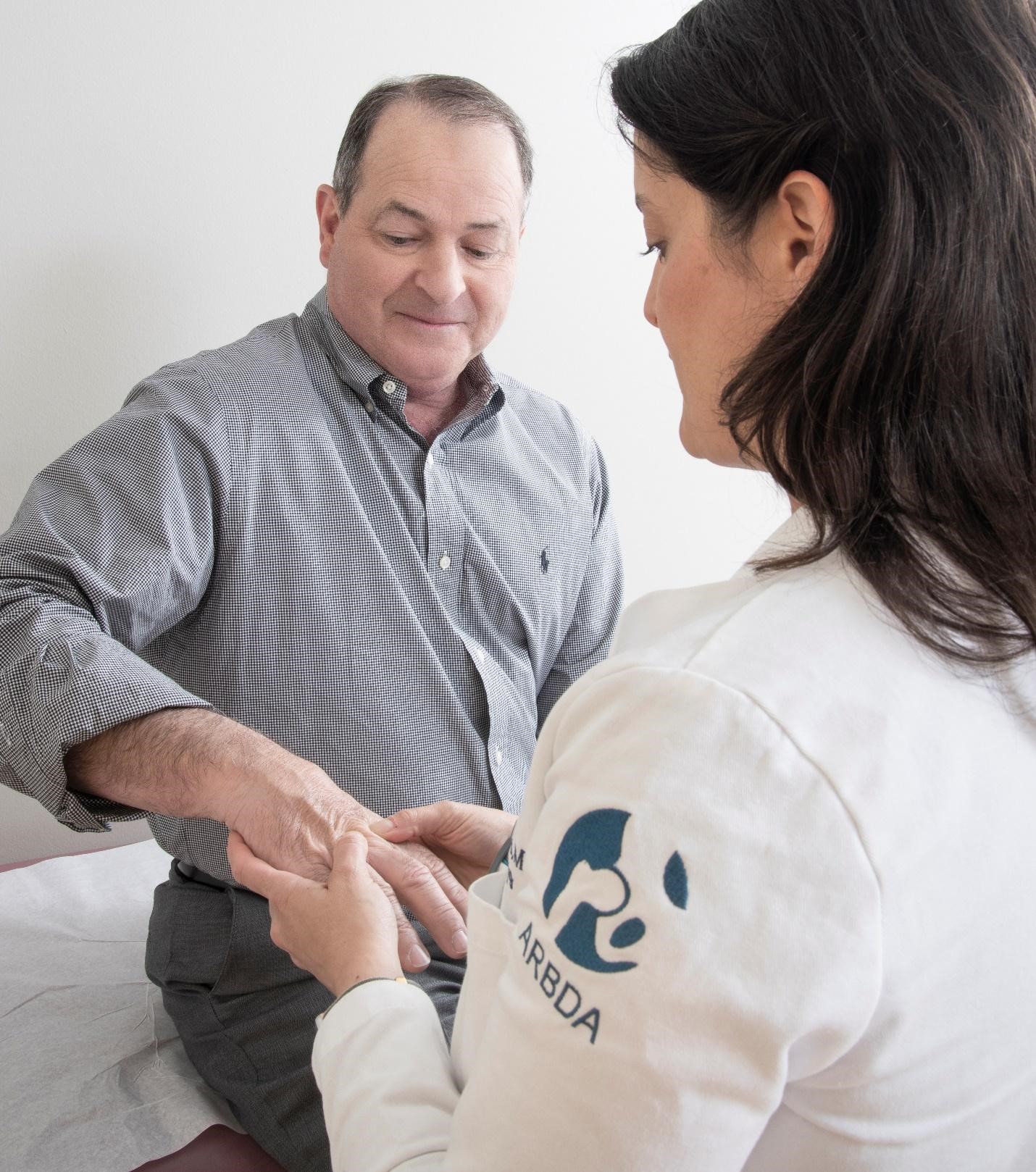Psoriatic Arthritis Treatment in New Jersey
Find the Most Advanced Psoriatic Arthritis Treatment in New Jersey at Six Convenient Offices
We bring advanced care and innovative clinical trials closer to home with six conveniently located offices throughout New Jersey. Each location is staffed with experienced and compassionate physicians dedicated to helping you live your life with less pain and more ease.
Our offices are designed to accommodate your needs. No matter which location you visit, you’ll receive the same level of excellence and a team eager to help you regain control of your health and quality of life. Contact us today to schedule an appointment at the office closest to you!
Understanding Psoriatic Arthritis
- Joint pain and stiffness: Often worse in the morning or after periods of inactivity, this can affect the fingers, toes, or larger joints like the knees and spine.
- Fatigue: A frequent yet overlooked symptom that can impact energy levels and daily activities.
- Skin symptoms: Red, scaly patches associated with psoriasis are common and can appear before or alongside joint pain.
- Nail changes: Pitting, thickening, or detachment of nails is often seen in individuals with Psoriatic Arthritis.
- Reduced range of motion: Inflammation can limit the mobility of affected joints, making everyday tasks more challenging.
- Eye inflammation: Conditions like uveitis can arise, causing redness, pain, or vision changes.
How Is Psoriatic Arthritis Related to Psoriasis?
Are There Different Kinds of Psoriatic Arthritis?
The most common type of psoriatic arthritis is symmetric psoriatic arthritis, where joints in the same location on both sides of the body become inflamed and painful at the same time. In asymmetric psoriatic arthritis, joints in different parts of the body become affected simultaneously. And in distal psoriatic arthritis, the ends of the fingers and toes swell and stiffen, accompanied by pitting and peeling nails.
Some people with PsA develop a mild form of the disease with infrequent flare-ups of symptoms. Others suffer from a more aggressive condition where severe and frequent inflammation leads to debilitating pain and joint damage.

When to Consult a Psoriatic Arthritis Specialist
Knowing when to consult a medical doctor about psoriatic arthritis treatment is critical for managing symptoms effectively. If you’re experiencing persistent joint pain, unexplained swelling, or skin symptoms typical of psoriasis, it’s essential to seek medical advice. The longer you wait to get psoriatic arthritis diagnosed, the higher the risk of developing complications that make the condition more challenging to manage.
We encourage patients to connect with our specialists when new or worsening symptoms arise. Our physicians can diagnose and treat psoriatic arthritis with personalized care plans that reduce flare-ups and enhance your quality of life.
Who Do I Trust for Psoriatic Arthritis Treatment and Diagnosis?
An experienced rheumatology specialist has the knowledge and experience to make an accurate diagnosis and determine the right psoriatic arthritis treatment for you. We’ll conduct a thorough physical exam, a detailed family and medical history, and a blood test to rule out rheumatoid arthritis, which has similar symptoms to psoriatic arthritis. X-rays or other imaging studies (like ultrasound) can be taken to determine if your joint damage is consistent with psoriatic arthritis.
How Does Psoriatic Arthritis Treatment Work?
Our Expert Rheumatology Team
Our dedicated team at Arthritis, Rheumatic & Bone Disease Associates includes some of the most skilled and compassionate rheumatologists in the nation. Since 1974, we’ve been a trusted resource for patients across South Jersey and Philadelphia, providing leading care for Psoriatic arthritis, rheumatoid arthritis, and other musculoskeletal conditions.
From the moment you walk through our doors, you’ll feel the warmth and expertise that define our practice. Whether it’s diagnosing a chronic disease or adjusting your treatment plan to better meet your health goals, our mission remains the same: to improve your quality of life through education, advocacy, and innovative care.
